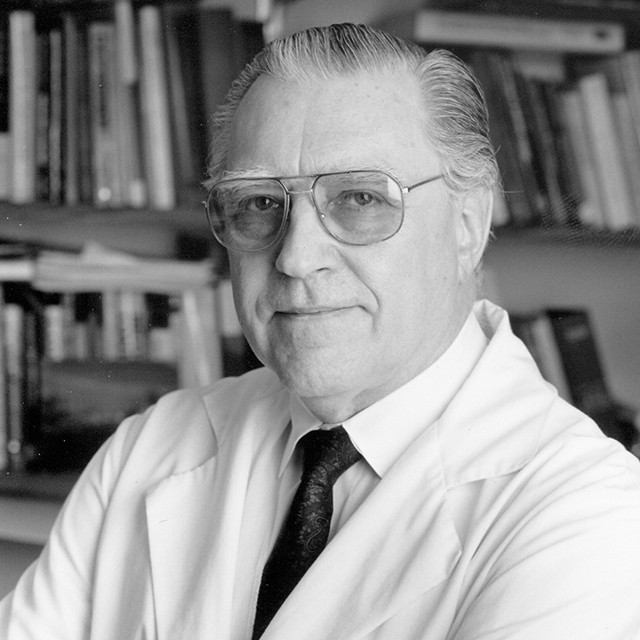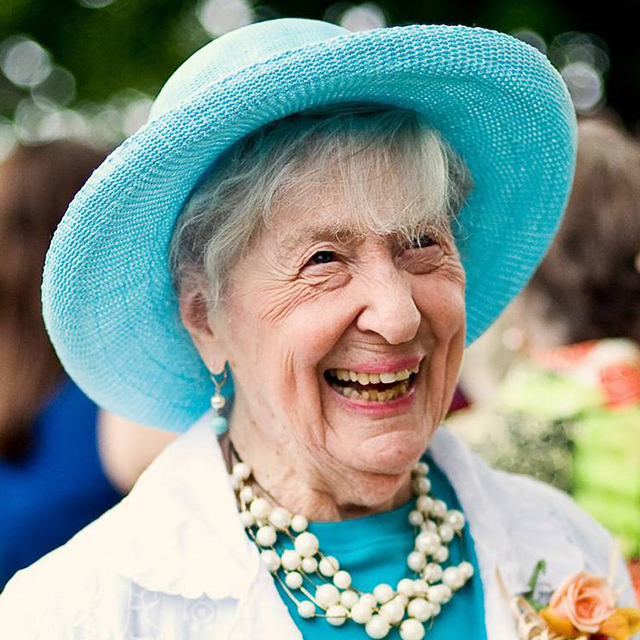An inquisitive scientist who was devoted to his patients and the Wilmer Eye Institute, neuro-ophthalmologist David Knoxdied Feb. 1 at age 91. He spent more than six decades at Wilmer.
Colleagues describe Knox as a top-notch clinician and scientist who made seminal observations and discoveries in neuro-ophthalmology and ocular immunology. He was the first person to report on ocular ischemic syndrome, which occurs in patients with too little blood supply to the eye, presenting high risk not only to vision, but to life itself.
“He described himself to me as an out-of-the-box thinker, and I don’t think he even knew there was a box,” says Wilmer director Peter J. McDonnell, adding that Knox was decades ahead of other ophthalmologists in thinking about the whole body as opposed to just the eye.
Equipped with a medical degree from Baylor College of Medicine, in 1955 he became a private medicine intern in pediatrics at Johns Hopkins. He then served a two-year stint as a general medical officer in the Army and started his ophthalmology residency at Wilmer in 1958, followed by a neuro-ophthalmology fellowship at Harvard. He returned to Johns Hopkins in 1962.
Knox was also the first to diagnose and describe in detail the ocular manifestations of and therapy for Whipple’s disease, and he pointed out the direct relationship between abscessed upper teeth and their contiguous anatomic connection to the eye.



